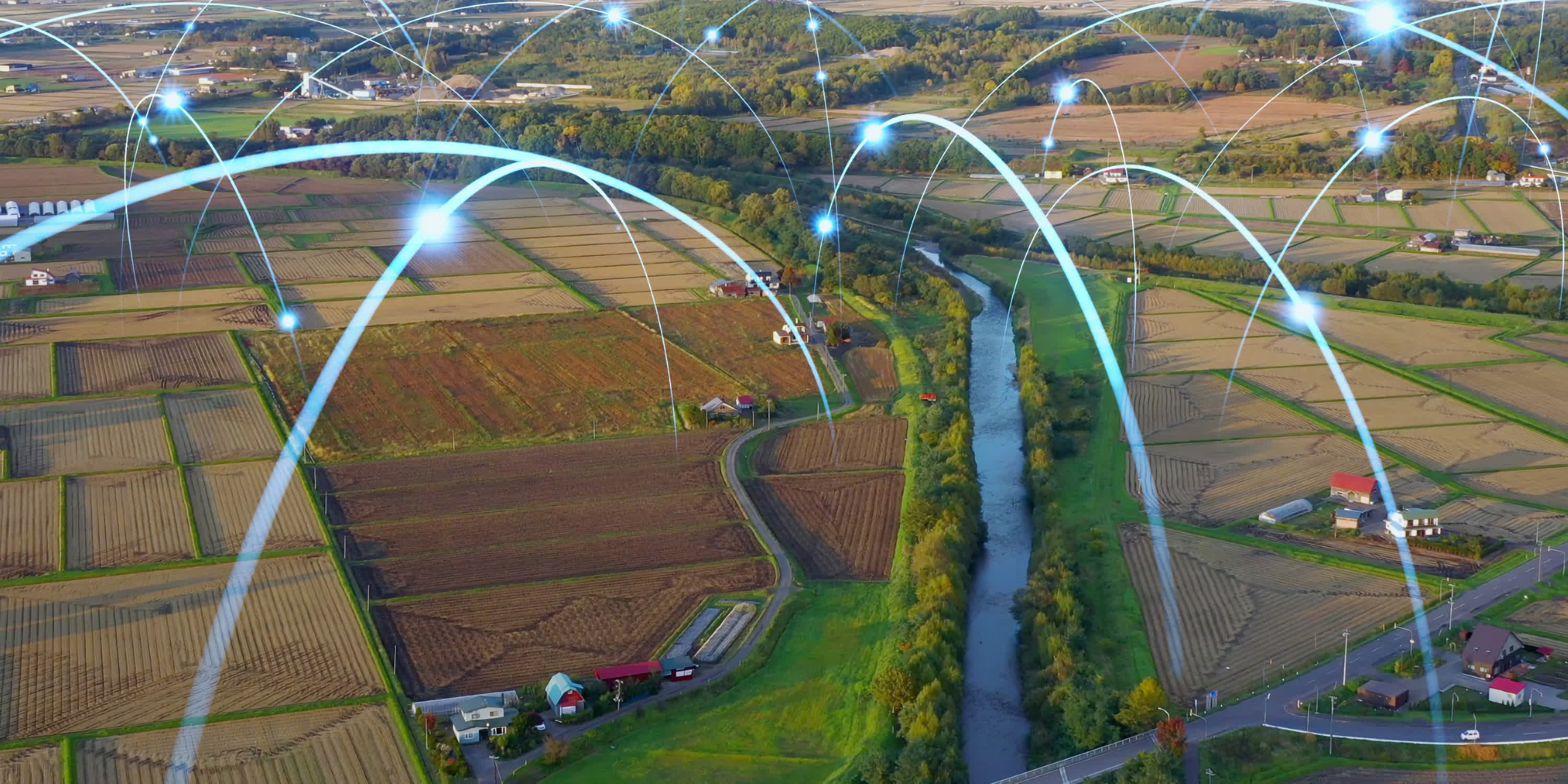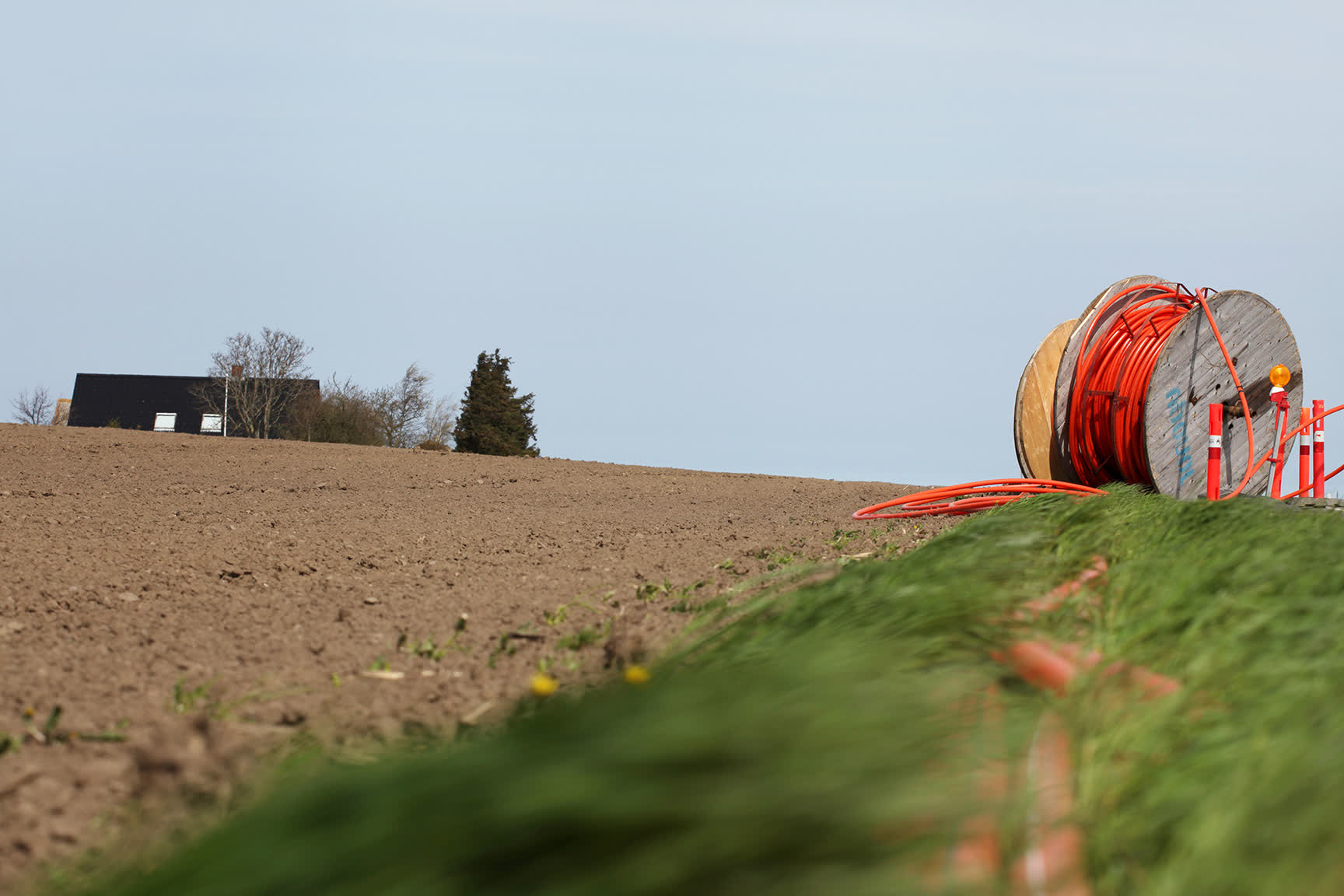In brief: The FCC announced its plans to invest over $1.2 billion in the Rural Digital Opportunity Fund to improve the rural broadband infrastructure. This investment will task 23 providers with improving broadband services in over one million areas across 32 states.

As part of the Federal Communications Commission's (FCC) project, the commission also created the Rural Broadband Accountability Plan to ensure that programs such as the Rural Digital Opportunity Fund are compliant with the regulatory terms. The new plan aims to double the number of audits and verifications in 2022 compared to 2021 and do more on-site audits and verifications on randomly selected locations. The plan will also increase the audits and verifications of large and higher-risk support recipients, increase program transparency, and publish the results of verifications, audits, and speed/latency performance tests on Universal Service Administration Company's website.

"Today's announcement means more connectivity is coming to consumers, while we continue our commitment to make sure that funding goes to areas that truly need it," said Jessica Rosenworcel, chairwoman of the FCC. "The new Rural Broadband Accountability Plan will speed up our audit and verification processes and for the first time make public the results of verifications, audits, and speed and latency testing."
To ensure the fair distribution of the funding during the past year, the commission has taken measures to monitor this program better, including contacting applicants regarding areas that may have service already or if the service isn't being used appropriately. It will also conduct extensive reviews of all winning bidders. Moreover, the FCC made more places available for funding opportunities by defaulting the providers of selected areas and denying waivers for bidders that didn't secure state approvals or process their applications.
So far, the FCC has funded over $4 billion to winning bids and proposals for new projects, but this value should increase further as it keeps reviewing and selecting more applications.
Masthead credit: Bai Communications
https://www.techspot.com/news/93194-fcc-invest-over-12-billion-rural-broadband-across.html